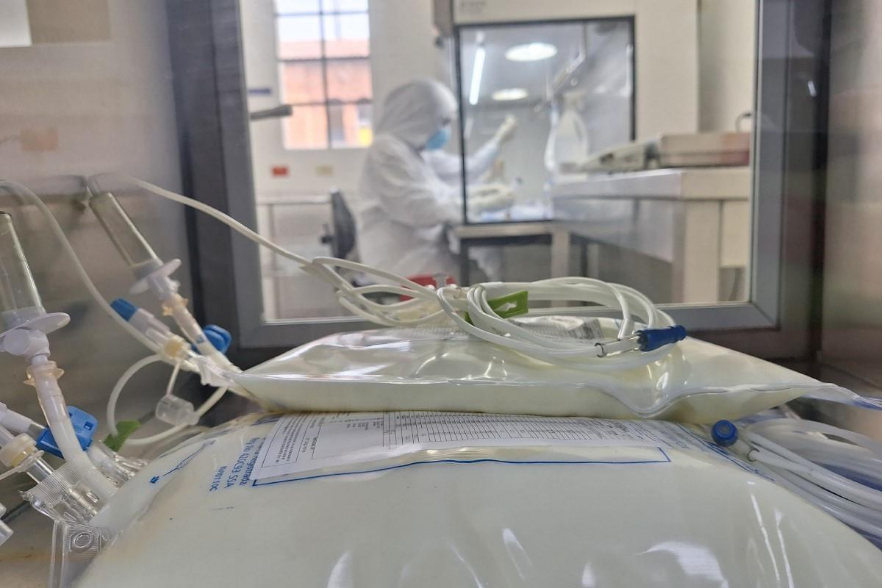Z7_89C21A40L06460A6P4572G3JN0
 Inglés UdeA - Cabezote - WCV(JSR 286)
Inglés UdeA - Cabezote - WCV(JSR 286)
Z7_NQ5E12C0L8BI6063J9FRJC1MV4
 Signpost
Signpost
Portal U de A
Z7_89C21A40L06460A6P4572G3JQ1
 With two new agreements, the Ministry of Health, the Ministry of Science, and UdeA strengthen public drug production in Colombia
With two new agreements, the Ministry of Health, the Ministry of Science, and UdeA strengthen public drug production in Colombia
Z7_89C21A40L06460A6P4572G3JQ3
 Portal U de A - Redes Sociales - WCV(JSR 286)
Portal U de A - Redes Sociales - WCV(JSR 286)
Z7_89C21A40L0SI60A65EKGKV1K57



